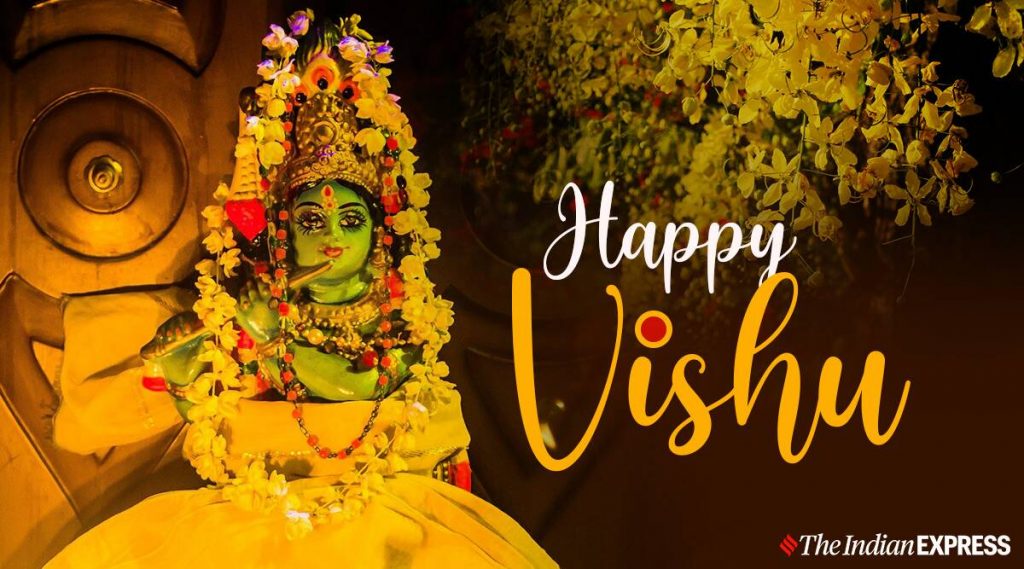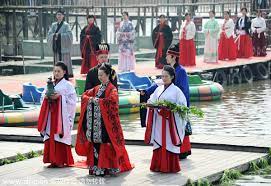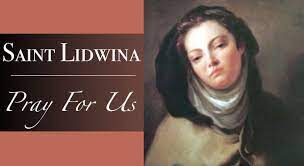A daily study of the Network’s diverse faiths

Vishu. Auspicious Harvest Festival marking the beginning of spring on the 1st day of Medam, the 9th month of the solar calendar followed in Kerala. Celebrated in Kerala from 844 in the reign of Sthanu Ravi, Vishu is believed to mark the day when Krishna killed the demon Narakasura and a Krishna idol is placed in the Vishu kani of flowers and fruits made for the day. Hindus consider Vishnu as the God of Time and so on this day, Vishnu and his incarnation Krishna are worshipped. The most significant ritual the Kani Kanal (first sight), as it is believed that the fortunes of the upcoming year depend on what object is seen first on the morning of Vishu. Vishu Kaineettam is the giving of money to the younger members of the family, normally there is a midday family feast (Sadya) and the day’s celebrations end with a firework display. Observed by Malayali or Kerala Hindus and Tuluvas in the Indian state of Kerala, Tamil Nadu, Karnataka, Mahé district of Union Territory of Pondicherry, neighbouring areas of Tamil Nadu and their diaspora communities. Whilst it is only referred to as Vishu in Kerala, the same spirit is shared in various festivals across India, such as Ugadhi in Andhra Pradesh and Karnataka, Bihu in Assam and Baisakhi in Punjab. Image: indianexpress.com.

Shangsi (Shàngsìjié, 上巳节, Double Third, Banquet of Peaches of Immortality). Ancient Chinese festival marking the birthday of the Queen Mother of the West (Xi Wangmu), a leading Daoist deity, on the 3rd day of the 3rd lunar month, traditionally a day for cleaning the house. The founding Yellow Emperor is believed to have had his birthday on this day. The day is associated with many folk beliefs around the opening of portals between the living and the dead. The origin of the festival was the Dinner Party at the Qushui River during the Zhou Dynasty (1046-221 BCE), associated with the ceremonial custom of bathing in the river to wash away evil. People would make sacrifices at the riverside to honour their ancestors and then bathe in the river using herbs to cleanse their bodies. Following that, young men and women would go on a spring outing, many of the customs being described in Shi Jing (The Book of Songs). Sticky baba rice cakes (粑粑) are sometimes eaten. Image: chinadaily.com.cn.
Prayer May each of us look up to You with a seeking mind, being not afraid of the pandemic, and have peace from You. We ask the Father to listen to our prayers so that every one of Your children may raise their hands to offer sincere prayers for the people on this earth who are still suffering from disease. Amen

St Lidwina (Lydwine, Liduina of Schiedam) (1380-1433). Dutch Catholic mystic, one of the first documented cases of multiple sclerosis. She prayed whole nights before the image of Onze Lieve Vrouw van Schiedam (Our Lady of Schiedam) in the Church of St John the Baptist and the extent of suffering Christ would ask her to endure with Our Lady sustaining her was revealed to her. Patron of Schiedam, the chronically ill, suffering, ice skaters. Image: catholicfaithstore.com.
